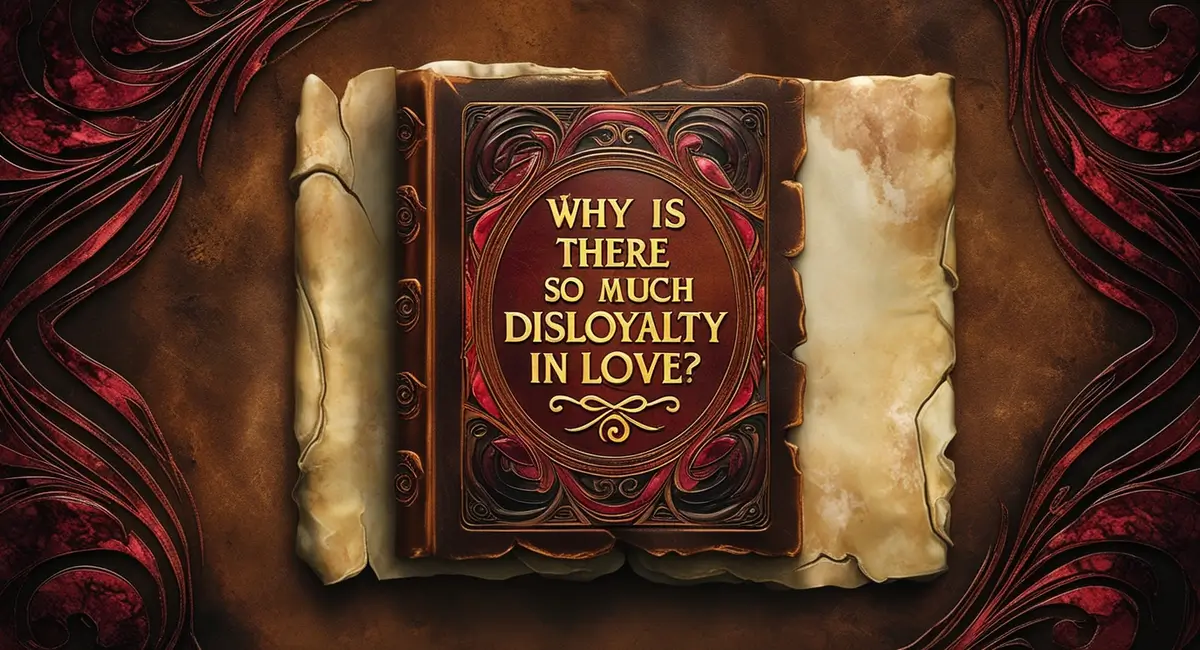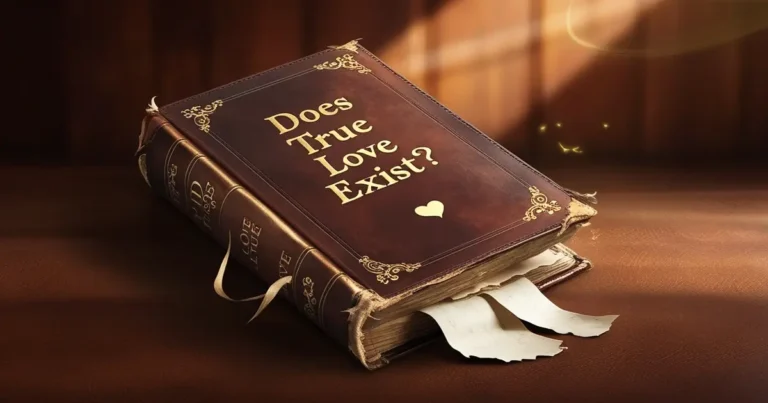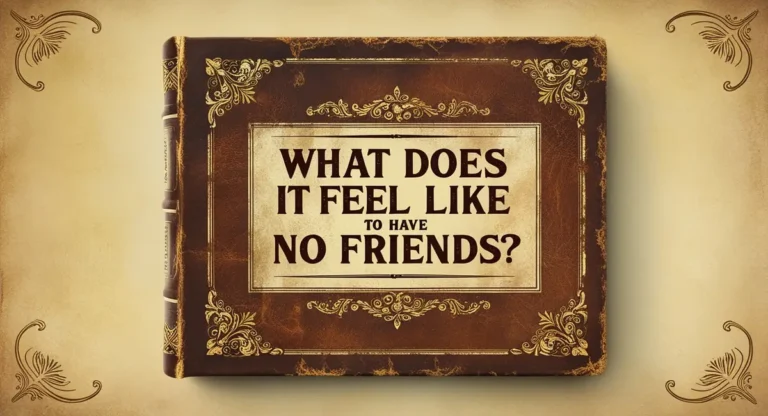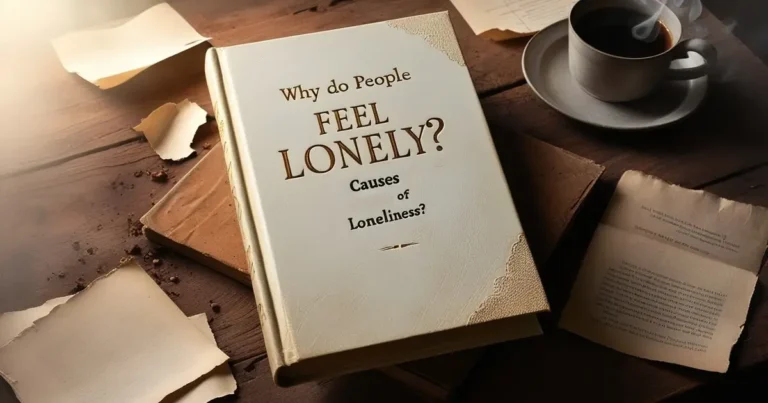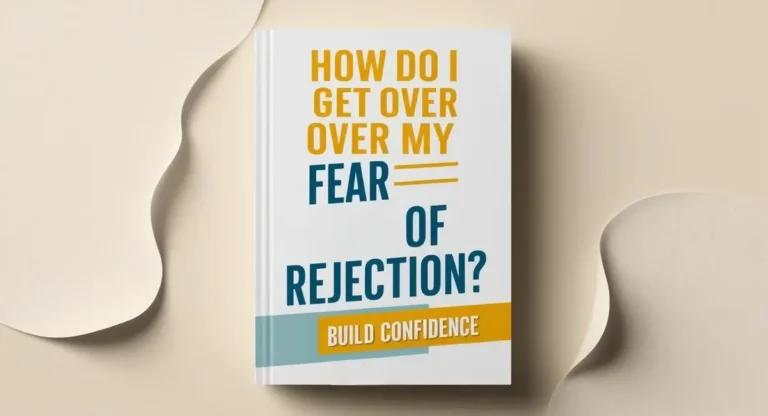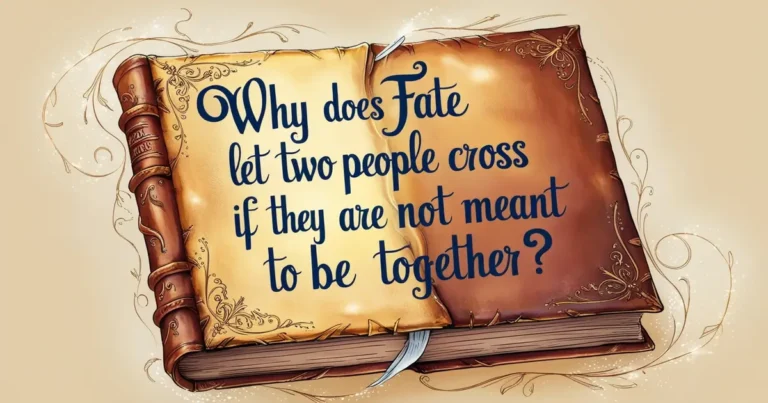Why Is There So Much Disloyalty in Love? Causes and Insights
Love, the most profound of human emotions, has always been both a source of bliss and a cause for heartbreak. But love can also bring pain, especially when disloyalty becomes part of the story. Why is there so much disloyalty in love? Understanding this requires peeling back layers of human nature, relationships, and societal norms. This blog shares insights into these topics and provides valuable lessons for those navigating the complexities of love.
The Nature of Love: A Complex Emotion
Love, in all its forms, is intricate and multifaceted. It’s not bound by simple definitions or universal experiences. Love is not simple. It is deep, layered, and often unpredictable.
“Love is like a plant. You toil the soil first to lay a strong foundation, water it to nurture and care for it, and give it sunlight through support and communication. But if you stop watering or providing sunlight, it eventually wilts and dies.”
This analogy explains how love thrives when it is cared for and fades when ignored. Humans have the capacity to love in many forms—romantically, platonically, and even obsessively. Yet society often enforces rules, like monogamy, that may go against our natural tendencies.
“Polyamory, or the ability to love multiple people, feels natural. But monogamy is a rule that society has placed on us, creating temptations that are hard to ignore.”
Love’s complexity is magnified by these internal and external challenges, making disloyalty more likely when expectations clash with reality.
Root Causes of Betrayal in Love
Disloyalty in love is not born in a vacuum. It emerges from a combination of human flaws, societal pressures, and personal challenges.
Polyamory vs. Monogamy: A Clash with Human Nature
“Polyamory is the natural way of all human love. We share the capacity to love many others—romantically, platonically, obsessively, and in friendship. Monogamy, on the other hand, is a societally enforced rule. Natural temptations, therefore, exist constantly.”
This perspective underscores the tension between our innate tendencies and the expectations placed upon us by society. This inner conflict creates struggles for many people, especially when natural attractions arise despite their commitment to one partner.
Emotional Flaws and Human Imperfection
“We are all flawed, imperfect creatures who step outside the lines and make errors of judgment. Sometimes, it’s not about malice but simply a moment of weakness or emotional neediness that leads to disloyalty.”
Nobody is perfect. Flaws and vulnerabilities can lead to bad decisions, even in the most loving relationships. Even the best intentions can falter under life’s pressures. Imperfections are a shared human trait, making forgiveness and understanding essential in relationships.

External Pressures and Internal Struggles
“Intimate relationships are as complex as life itself. Pressures—both internal and external—create obstacles to maintaining a healthy, monogamous relationship.”
Factors like societal norms, familial expectations, and career stresses often influence our decisions in love. Without open communication, these pressures can push people toward betrayal.
Disloyalty as a Symptom of Evolving Relationships
Love evolves over time, but so do people. This evolution can bring people closer—or pull them apart.
Changing Priorities Over Time
“Love is, ideally, a long-term commitment, but circumstances and priorities change over time. What once seemed perfect may no longer align with who we are or what we need.”
As people grow, their priorities shift. This can lead to dissatisfaction if partners don’t adapt together This divergence, if left unaddressed, can lead to feelings of dissatisfaction and, eventually, disloyalty.
The Impact of Unmet Needs and Communication Gaps
“Some relationships turn sour due to a lack of communication. No matter how big or small the issue at hand, it needs to be brought to the table.”
When couples stop sharing their thoughts and feelings, misunderstandings grow. Over time, this distance creates space for disloyalty to take root.
When Love Meets Revenge or Attention-Seeking
“Sometimes, disloyalty stems from a desire for revenge or attention. It’s not always about falling out of love but about hitting back or feeling seen.”
Such actions often reflect unresolved conflicts within the relationship, highlighting the need for honest and open dialogue.
The Philosophy of Loyalty in Love
Loyalty is the backbone of a healthy relationship. Without it, love cannot thrive. But what does it truly mean to be loyal in love?
Loyalty as the Foundation of Love
“Love is loyalty. There is no disloyalty in true love. If your partner no longer gets love, respect, and affection, they will find someone else to satisfy those needs.”
Loyalty is not just about resisting temptation; it’s about creating an environment where both partners feel valued and respected.
The Role of Self-Reflection in Resolving Disloyalty
“If you are a prideful and egotistical person who believes the blame lies entirely with your partner, you are mistaken. Relationships die when manipulation, nagging, and toxic behaviors take over.”
True loyalty involves self-awareness and a commitment to personal growth. It’s about holding ourselves accountable for our actions and striving to be better partners.
Personal Stories: Learning from Experiences of Love and Betrayal
Sometimes, personal stories illustrate the nuances of love and loyalty more vividly than abstract theories.
The Pain of Sacrifice for Love
“I was in a relationship with someone who was everything I ever wanted. Yet, his family’s conservative beliefs made it impossible for us to be together. He chose them over us, and while I understand his decision, the pain of that sacrifice still lingers.”
Sacrifices in love can be heartbreaking, especially when external factors dictate the outcome of a relationship.
Lessons from Past Relationships
“I once told a small lie that destroyed his trust in me. It was a mistake I deeply regret, but it taught me that trust is fragile and must be protected at all costs.”
Learning from mistakes is a vital part of maintaining loyalty in love. Forgiveness—both giving and receiving—can pave the way for healing.
Overcoming Disloyalty in Love: Pathways to Healing
Disloyalty can hurt deeply, but it doesn’t have to end a relationship. With effort, healing is possible.
Communication as the Bridge to Rebuilding Trust
“Disloyalty doesn’t appear instantly—it happens after a series of events. Communication is the key to addressing these issues before they escalate.”
Open conversations help partners understand each other’s needs and feelings, reducing the chances of betrayal.
Recognizing Red Flags and Emotional Triggers
“We’ve all been hurt, but recognizing red flags early on can save us from deeper pain. Emotional triggers are often clues to unresolved issues that need attention.”
Paying attention to these signs allows couples to address problems early, preventing greater harm later.
Embracing Individual Growth and Forgiveness
“Forgiveness is not about forgetting—it’s about moving forward. When both partners commit to growth, the relationship can heal and even become stronger.”
Healing requires effort from both parties, with a focus on rebuilding trust and nurturing love.
Redefining Love in Modern Times
Individual Freedom vs. Relationship Commitment
“Some people prefer their freedom over the confines of a relationship. There’s no one-size-fits-all lifestyle for everyone.”
As societal norms shift, more people are choosing independence over traditional relationships, challenging conventional notions of loyalty.
The Influence of Media and Social Narratives
“The media often portrays love as fleeting and relationships as disposable. This narrative influences how people perceive commitment and loyalty.”
Such messages influence how people view loyalty and commitment, changing how we approach relationships.
Conclusion: Love, Loyalty, and the Human Condition
“Love is pleasant when you expect nothing in return, and treacherous when you gamble to win. There’s nothing more fulfilling than love when you lose yourself in it, and nothing more tormenting than love when you’re playing to win.”
Disloyalty in love often stems from unmet expectations, evolving priorities, and human imperfection. Yet, through communication, self-awareness, and a commitment to growth, it’s possible to navigate these challenges. Love, at its best, is a journey of self-discovery and connection—a path worth walking despite its difficulties.
FAQs
1. What are the primary causes of betrayal in love?
The causes of betrayal in love include unmet emotional needs, poor communication, and external pressures. Disloyalty often stems from a lack of connection between partners or unresolved issues within the relationship.
2. How does communication influence loyalty in relationships?
The role of communication in relationships is critical for building trust. Open dialogue helps partners share their needs and concerns, preventing misunderstandings and resentment that can lead to disloyalty.
3. Can loyalty exist in polyamorous relationships?
Yes, polyamory vs. monogamy debates often miss the point that loyalty depends on trust, respect, and mutual understanding, not the number of partners. Both relationship types can have loyal and fulfilling dynamics.
4. How does loyalty strengthen the foundation of love?
Loyalty as the foundation of love provides stability, trust, and emotional safety in a relationship. When partners remain committed, they create an environment where love can thrive, even during challenges.
5. Is it possible to rebuild trust after disloyalty?
Yes, but it requires honest communication, self-reflection, and consistent efforts from both partners. Recognizing emotional triggers and addressing them can help rebuild the foundation of loyalty in love.
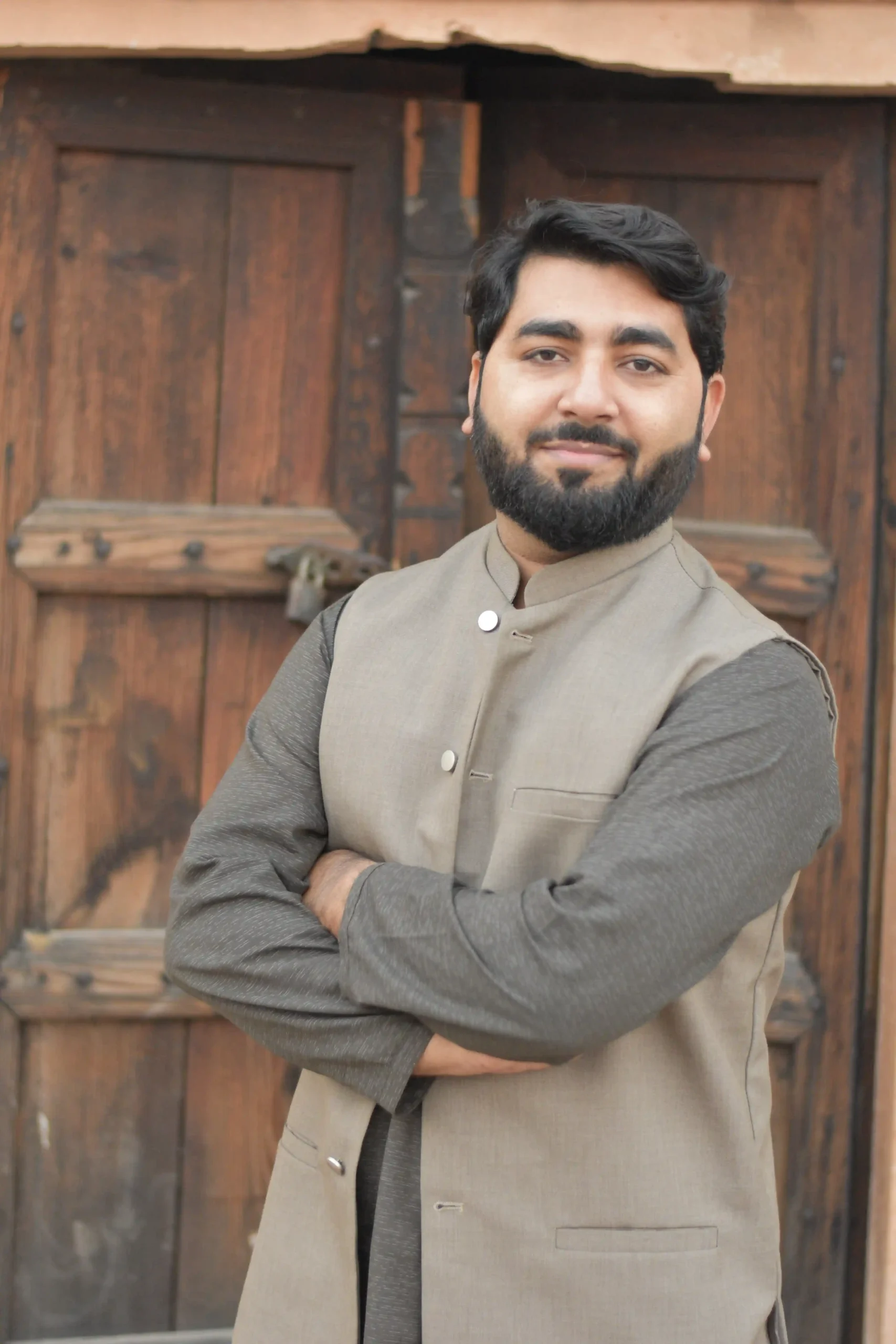
I’m Mustansar Khan – the person behind this little online haven. I invite you into the ebbs and flows of my life, sharing honest reflections on love, loss, friendship, and everything in between. Join me as I unpack the joys, struggles, and life lessons that make us gloriously, beautifully human.
